Muscat: The Sultanate, represented by the Ministry of Endowments and Religious Affairs, participated in the Eighth G20 Interfaith Forum 2021, held in Bologna, Italy.
The Sultanate’s delegation was led by Dr. Mohammad bin Said Al Mamari, Undersecretary of the Ministry of Endowments and Religious Affairs, who delivered the Sultanate’s speech at the forum’s meetings and sessions, in the presence of 70 countries and nearly 1,000 participants from governments, representatives of different religious and faiths networks, and societies from around the world.
Dr Al Mamari emphasised on the interest of the Sultanate’s government, under the leadership of His Majesty Sultan Haitham Bin Tarik, in common human values and the call for peace and dialogue, and in promoting values of coexistence and harmony between
societies and nations.
In his speech, Dr Al Mamari referred to the Sultanate’s efforts and achievements during the years of its Renaissance in terms of active global presence in promoting world peace, striving towards solving problems and conflicts through dialogue and diplomatic methods, and rejecting all forms of extremism, violence, and hatred.
“The Sultanate by its unremitting efforts has attained advanced positions in the field of peace and security. The Sultanate’s global terrorism index remained stable at zero, as it took concrete and clear steps to achieve the United Nations 2030 Sustainable Development Goals,” he said.
Dr Al Mamari also explained that Oman’s 2040 Vision emphasises humanitarian aspects and religious values through its strategic goals and national priorities which include in the priority of citizenship, identity, national heritage and culture, the promotion of a globally leading society in the areas of mutual understanding, coexistence, and peace, a society that is proud of its identity, citizenship, and culture; and strives to preserve, document, and diffuse its heritage worldwide.
He affirmed that His Majesty’s directives continue to promote aspects of religious values in a manner that preserves the stability of societies, peace of mind, and the peace between religions and cultures.
Dr Al Mamari also presented a working paper that focused on the Sultanate’s efforts in promoting religious values and calling for global solidarity for a better future for future generations, and what the Sultanate has done locally and globally in spreading common human values through programmes and initiatives aimed at promoting a culture of dialogue and peace, and working within a humanitarian framework with global morals that preserve societies and individuals from falling into hate speech and practices of violence, extremism and terrorism.
He also participated in a workshop related to youth and met with several officials from different countries of the world and representatives of religions and cultures, in which topics of common interest were discussed, and experiences were shared, seeking to enhance cooperation and invest in partnerships towards promoting dialogue and peace in the world.
Five-day forum
The five-day forum includes prominent religious leaders from all religious denominations and members of religious organisations in the world, as well as government officials, senior officials of United Nations organisations, decision makers, and more than a thousand participants from all over the world, meeting to discuss issues related to religious values, countering hate speech, the challenges of COVID-19 pandemic, gender justice, and economic development.
It is scheduled to present recommendations of highest priority to the G20 Heads of State and Government Summit, that will be held next October in Rome, Italy, the host country of this year’s G20 summit.
The G20 Interfaith Forum seeks to find global solutions through collaboration with religious leaders and political representatives, building on the vital roles that faiths and religious institutions play in global affairs in a way that reflects a rich diversity of institutions, ideas, and values.
Membership of this forum includes international religious organisations, cultural centres, religious leaders, scholars, development and humanitarian institutions, and actors of business and civil society sectors.
The G20 Interfaith Forum is held each year in the host country of the G20 Summit and provides an annual platform that allows the participation of a network of religious institutions and initiatives on global agendas. These meetings aim to contribute by meaningful insights and recommendations that help shape the G20 Summit, thus global policy agendas.
The agenda of the G20 Interfaith Forum 2021 relies on the United Nations Sustainable Development Goals and additional issues related to social solidarity, equality, and sustainability as one of the forum’s main themes since its convening.
And as for the G20 summit, it is the main forum for international economic cooperation, bringing together the leaders of the world’s leading economies. The G20 members represent about 80 per cent of the global economy, two-thirds of the world’s population, and three-quarters of international trade. Throughout the year, representatives from G20 countries meet to discuss financial, social, and economical issues as well as broader humanitarian issues targeted by the United Nations Sustainable Development Goals.
The G20 Leaders’ Summit brings together world leaders to discuss international economic cooperation and broader social concerns. Participants in the G20 Summit are heads of states or governments from 19 countries and the European Union. In addition, leaders of other countries and nations as well as representatives of regional and international organisations are invited to participate and contribute in the Summit.



